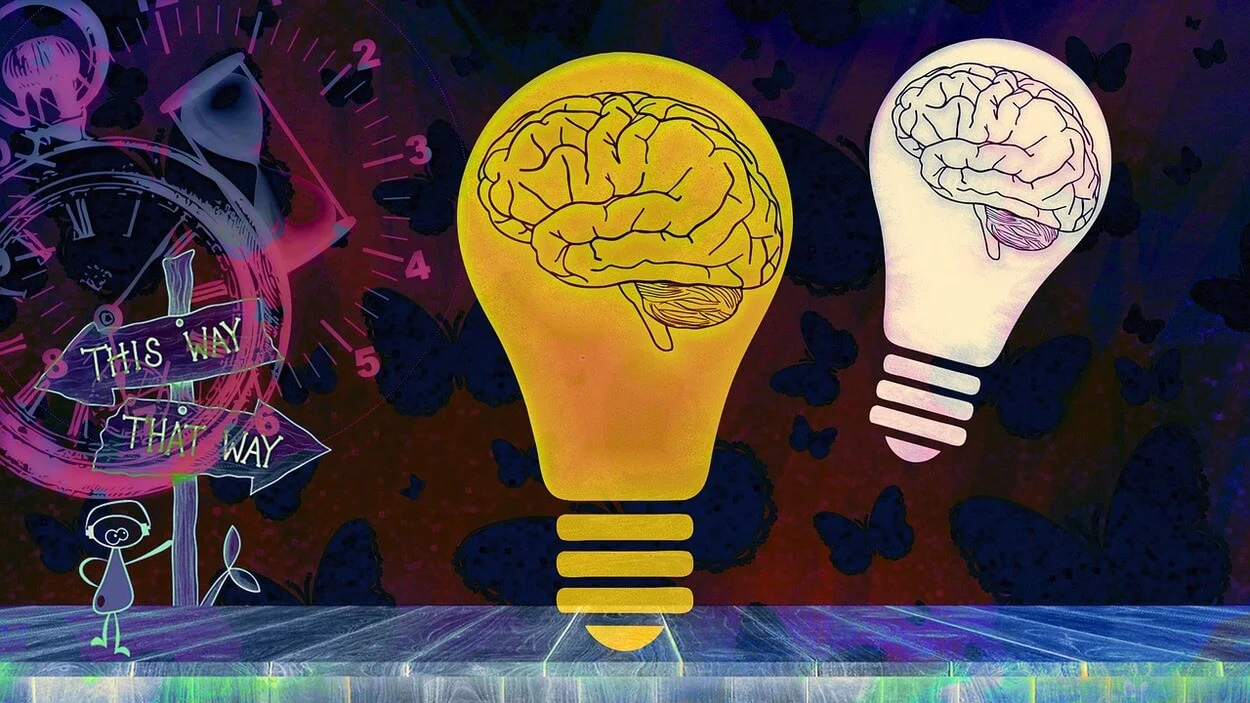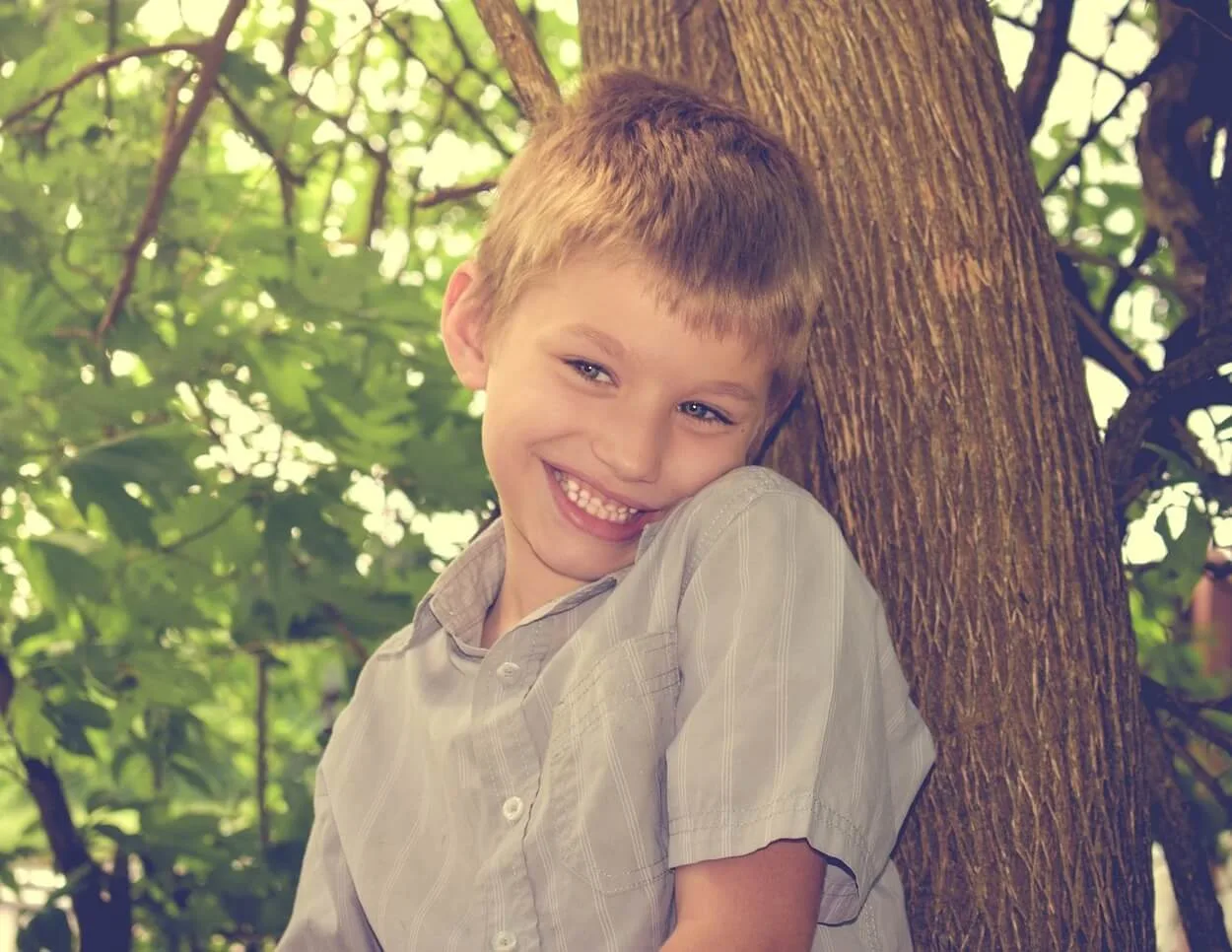When you think of disorders, many think of mental health illnesses like bipolar disorder or schizophrenia. However, some serious social disorders affect millions of people worldwide.
Disorders like autism and personality traits like shyness can be difficult to deal with, especially if you’re not used to them. Difficulties with social interactions and communication characterize both disorders, but experts believe there are key differences between the two conditions.
The main difference between autism and shyness is that autism is a broader condition that encompasses a range of disorders. In contrast, shyness is a more specific personality trait that occurs when individuals become overwhelmed and uncomfortable in social situations.
Moreover, autism is caused by a combination of genetic and environmental factors, while shyness may stem from a problem with socialization in early life.
Let’s discuss these two terminologies and their differences in detail.
What Is Autism?
Autism is a neurologic disorder that impairs an individual’s ability to communicate and interact with others. It typically manifests in early childhood, although it can occur at any point during development.

Symptoms can vary widely from person to person, typically including problems in:
- Social interaction,
- Verbal and nonverbal communication,
- And repetitive activities or rituals.
There’s no one-size-fits-all approach to treatment for autism, but many strategies can help individuals improve their functioning.
Some people may need specialized therapy or assistance with daily tasks such as grocery shopping or taking medications. Others may require only monitoring and support.
As you continue to learn more about autism, you’re learning that it’s not a specific condition but a group of conditions that share common features. While there’s no known cause for autism, scientists are working hard to discover what might be causing it and how best to address it.
In the meantime, everyone affected by autism somehow needs your compassion and support.
What Is Shyness?
Shyness is a feeling of discomfort and fear in social situations. It can make people feel uncomfortable, nervous, and isolated. Feelings of embarrassment, self-consciousness, and inferiority often accompany it.

There’s more to shyness than just being an introvert. There are several types of shyness, and each has its own quirks and symptoms.
The Generalized Type
This type of shyness is the most common. People who fall under this category feel awkward in almost all social environments, no matter how familiar they are with the person or the situation. They may feel too anxious or tense to speak up or participate fully in conversations.
The Social Anxiety Disorder Type
This type of shyness is characterized by intense anxiety over meeting new people or speaking in public.
The person may experience abdominal pain when trying to take public exams or give speeches, for example – something that doesn’t happen to everyone with social anxiety disorder but is a common symptom for those who struggle with this form of shyness.
The Performance Anxiety Type
Performance anxiety is another form of shyness that can be extremely debilitating. People who suffer from performance anxiety feel so anxious before a big speech or presentation that they freeze up and cannot coherently put their thoughts into words.
Shyness vs. Autism: Know The Difference
Shyness is a commonly reported personality trait in which individuals are uncomfortable or withdrawn in social situations. In contrast, autism spectrum disorder affects communication and social interactions.
There are a few key differences between autism and shyness:
- One of the main distinctions is that difficulties with social communication and interaction characterize autism. In contrast, shyness is typically a feeling or tendency to be uncomfortable or apprehensive in social situations.
- Autism also often results in repetitive behaviors, making it difficult to meet new people or make friends. On the other hand, many shy people have never had any issues communicating with others; they’re more comfortable in private settings.
- People with autism may have difficulty reading nonverbal cues, resulting in them spending more time alone than others their age.
- Autism is associated with repetitive behaviors and restrictive interests, while shyness often involves feeling very uncomfortable in social situations.
- Autism usually results in severe impairments in social and communication skills, while shyness can lead to moments of awkwardness but no damage to overall functioning.
- Finally, while shyness typically lasts throughout childhood, symptoms of autism may improve over time or eventually go away.
Here is a table showing the comparison between these two personality disorders.
| Shyness | Autism |
| It can be a social disorder. | It’s a neurological disorder. |
| Uncomfortable in unknown social settings and social interactions | Difficulty in social interaction and communication |
| It can occur at any stage of life. | It develops at an early age but improves over time. |
| You don’t witness any obsessive or repetitive behavior in a shy person. | It involves certain repetitive behaviors. |
Here’s a video clip explaining the difference between shyness and autism.
Can Autism Be Mistaken For Introversion?
There’s a common misconception that autism is just another form of introversion.
Some people with autism may have difficulty engaging in social interaction, but this doesn’t mean they are shy or antisocial. They may be more focused on their own needs and interests than others, which can make them seem introverted to some people.
Autistic people may be very capable of understanding and processing information, but they may find it difficult to communicate their thoughts and feelings to other people. This can make them seem distant or aloof to those unfamiliar with autism.
However, it doesn’t mean that they’re introverts by nature.
How Do You Know If You’re A Little Autistic?
There’s no one way to know if you’re a little autistic, as the condition is deeply personal and mostly subjective. However, some indications that may be suggestive of autism include difficulty with social interaction, a strong focus on detail or accuracy, and repetitive behaviors or interests.

However, if you ever feel like you might be autistic, here are a few things to think about:
- Are your social interactions different from the average person’s? Is it harder for you to form attachments with others, or do you prefer to stay isolated?
- Are your thoughts and ideas more random or solitary? Do you find yourself obsessing over certain topics or struggling to focus on anything else?
- Are you more sensitive than other people? Do physical sensations (like being touched) bother you more than others? Or do extreme temperatures feel like an assault on your senses?
- Are there specific areas of your life where autism affects you most? Maybe it’s in educational pursuits, where math equations seem too hard for you or words end up confusing you; in artistic endeavors, where drawings or paintings take hours instead of minutes to complete; or in relationships, where communication can be difficult or even non-existent.
How Do You Get Tested For Autism?
There’s no single test to diagnose autism, and no method is 100% accurate. However, a few tests can help doctors assess whether a child may have autism.
Some tests include screening tools such as the Autism Quotient (AQ) and the Childhood Autism Rating Scale-Revised (CARS-R). Other diagnostic tools may be needed, depending on the specific signs and symptoms noticed in a child.
Some common methods used to assess autism include neuropsychologic testing, brain imaging studies, and genetic testing.
Final Thoughts
- Autism is a condition that affects the way a person communicates and interacts with others; shyness, on the other hand, is a personality trait characterized by anxiety and fear in social situations.
- Autistics frequently experience repetitive behaviors or obsessions, such as lining up items or counting objects. In contrast, shyness generally refers to an individual’s general inclination towards social avoidance rather than specific behavior patterns.
- Autistic children may also show heightened sensitivity to certain sounds or visuals.
- At the same time, shy individuals may find it difficult to speak in front of people due to the fear of embarrassing themselves.
- Autism is a developmental disorder that typically appears during early childhood or adolescence. Shyness tends to occur at any age and can vary in severity from person to person.

